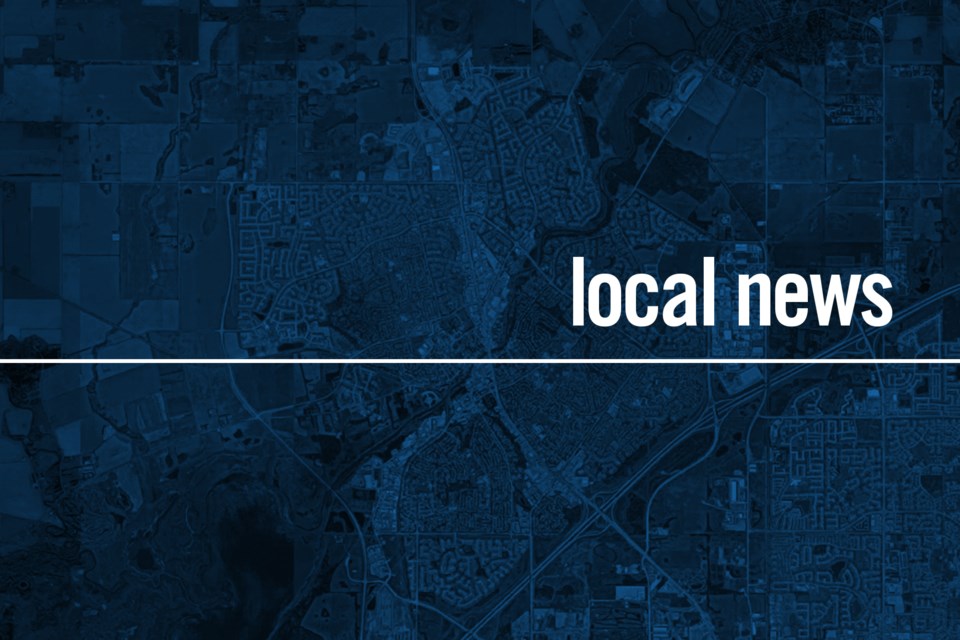As Parliament resumed on Monday with virtual proceedings, St. Albert-Edmonton MP Michael Cooper spoke about some of the upcoming issues and legislation heading into the spring.
Parliament will be resuming much the same way it did throughout last year. By unanimous consent, the House voted to continue with hybrid proceedings. This motion allows MPs to participate virtually. Cooper said certain measures are necessary, but the situation is not ideal.
“It makes it more difficult for parliament to function in the way it should,” he said.
The hybrid proceedings will also include a remote voting app. The app was developed to limit the time it takes for the House to vote, as members have 10 minutes to cast their vote with results available instantly through the app.
“It cannot be a permanent measure; it may be necessary just having regard for the amount of time it was taken to conduct votes in a virtual parliament," he said. "There was at least some value in a member having their name called and having to say, even if they were on Zoom, that they were voting for the bill or against a bill. But it is what it is."
Earlier this week, members debated Bill C-14, legislation aimed to stabilize the economy. This is done through several amendments, including amendments to the Income Tax Act, the Canada Student Loan Act, and the Apprentice Loans Act.
Cooper said he is concerned about Bill C-14 because it raises the debt ceiling from $1.1 trillion to $1.8 trillion.
“We are now contemplating and voting to authorize a debt level that is more than double the total accumulated debt since 1867 within the span of a little more than a year. Those numbers are truly staggering,” he said.
Another issue facing Parliament is the vaccination roll out. As of Tuesday, about 1.1 per cent of Canada's population had been vaccinated for COVID-19. Issues with vaccine supply mean that many Canadians will potentially have to wait longer to roll up their sleeves.
To expand its plant in Belgium, Pfizer had to slow production of the vaccine. However, the federal government should shoulder some of the responsibility, Cooper said.
“We need to get Canadians vaccinated. We need a national strategy that has been lacking for months."
U.S. President Joe Biden's cancellation of the Keystone XL pipeline is another major issue, he said. Last spring, the Alberta government invested about $1.5 billion in the project.
“This is a project that benefits workers on both sides of the border. The cancellation of Keystone is a major blow for the Canadian economy and for Canadian workers,” said Cooper.
On Monday night, Parliament had an emergency debate on Keystone XL. The Conservative Party initiated the debate and the Speaker of the House agreed it was a significant issue, said Cooper.
“At the end of the day, Parliament can debate on an issue, but what we need is a plan an action on the part of the prime minister. That means directly engaging, right now, with the U.S. administration,” said Cooper.
Cooper said there will be new developments with Bill C-7, Medical Assistance in Dying legislation. In December, the bill passed the House of Commons and will now head to the Senate.
However, Cooper does have concerns about how long this Parliament will last.
“It's possible we could be to an election in the next few months. I think we have a prime minister who's failing in terms of getting Canadians out of COVID, in terms of a real vaccination strategy, and it's possible, but he may want to try to cynically and opportunistically call an election.”




